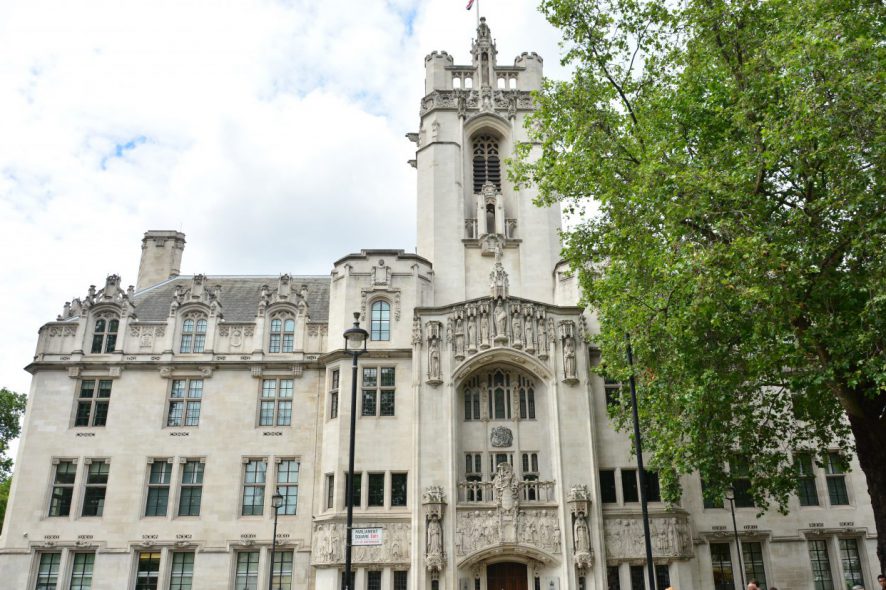United Kingdom Supreme Court: A five-judge bench comprising of Lady Hale, Lord Reed, Lord Kerr, Lord Hodge, and Lord Lloyd-Jones while hearing an appeal pertaining to breach of duty held that the scope of the duty of care of a hospital extends to not providing misleading information.
The appellant was assaulted in the year 2010 on the back of his head by an unknown assailant post which his friend took him to Accident and Emergency Department (A&E department) at Mayday Hospital, Croydon which was managed by the respondent NHS Trust. Despite informing the receptionist about his head injury and the resultant severe headache, he was informed that there would be a wait of four to five hours before he could see a doctor. The appellant told the receptionist that he could not wait that long as he felt that he was about to collapse; to which the receptionist replied that if he did collapse, he would be treated as an emergency. After waiting for sometime, the appellant left the hospital but one hour later his condition worsened and he was taken to hospital again where it was revealed that he had suffered permanent brain damage.
The appellant brought proceedings against the respondent NHS Trust alleging breach of duty concerning the information he was given about the time he would have to wait before being seen by a doctor. It was brought on record that usually in such cases the waiting time is thirty minutes. The trial court held that it would be unfair to impose liability upon the respondent for harm arising as a result of the failure of the receptionist staff because the decision to leave was ultimately that of the appellant. Appeal against the said order was also dismissed on the ground that neither the receptionist nor the health trust acting by the receptionist owed any duty to advise about waiting times. Giving of incorrect information by the receptionist was not an actionable mis-statement and as such there was no causal link between any breach of duty and the injury. The present appeal arises against the order of the appellate court.
The court relied on judgment in Kent v. Griffiths, [2001] QB 36 and held as soon as the appellant had attended at the respondent’s A&E department seeking medical attention, provided the information requested by the receptionist and had been “booked in”, he had entered into a relationship of patient and health care provider, with the respondent which had a duty to care towards him. The scope of this duty extended to not provide misleading information which may foreseeably cause physical injury. While the actual position was that head injury complaints receive attention within thirty minutes, the appellant was told that he would have to wait for up to four or five hours to see a doctor. This information was incomplete and misleading and as such there was a negligent breach of duty.
On the aforesaid holding, the appeal was allowed and the case was remitted back to Queen’s Bench division for assessment of damages. [Darnley v. Croydon Health Services NHS Trust,[2018] 3 WLR 1153, decided on 10-10-2018]



